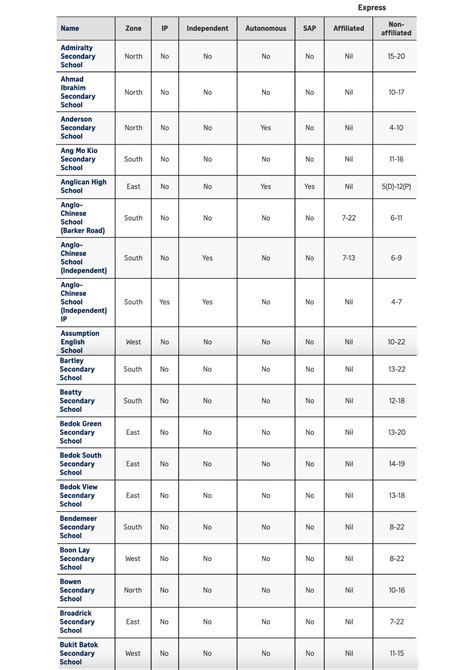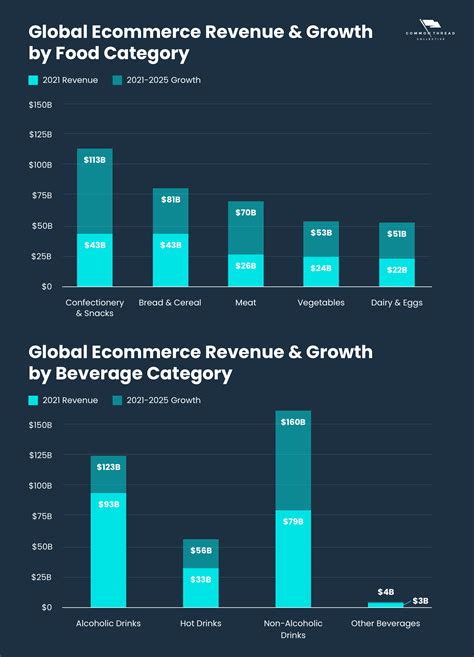Embarking on the Path to Nursing’s Noble Profession
Nursing is a calling that demands compassion, empathy, and a deep desire to make a difference in the lives of others. With over 4 million registered nurses in the United States alone (according to the American Nurses Association), the field offers a vast array of opportunities and a fulfilling career path.

Why I Want to Be a Nurse
- Passion for Helping Others: Nursing allows me to fulfill my passion for providing care and support to those who need it most.
- Intellectual Challenge: The nursing profession requires a strong academic foundation and the ability to apply knowledge in dynamic healthcare environments.
- Career Growth Potential: The field of nursing offers numerous opportunities for career advancement, specialization, and leadership roles.
- Making a Difference: As a nurse, I can contribute to improving the health and well-being of my community and the world at large.
Understanding the Role of a Nurse
Nurses play a vital role in healthcare delivery, overseeing a wide range of responsibilities:
- Patient Care: Providing nursing care to individuals across various settings, including hospitals, clinics, and long-term care facilities.
- Assessment and Evaluation: Assessing patients’ health status, monitoring their progress, and evaluating the effectiveness of treatments.
- Medication Administration: Administering medications, monitoring for adverse effects, and educating patients about medication management.
- Patient Education: Providing patients with essential information about their health conditions, treatments, and self-care strategies.
- Collaboration: Working closely with doctors, pharmacists, and other healthcare professionals to provide comprehensive patient care.
Paths to Nursing
The journey to becoming a nurse typically involves pursuing an Associate Degree in Nursing (ADN) or a Bachelor of Science in Nursing (BSN).
Associate Degree in Nursing (ADN)
- Typically a two-year program that provides a foundation in nursing knowledge and skills.
- Graduates qualify as registered nurses (RNs) after passing the National Council Licensure Examination (NCLEX-RN).
Bachelor of Science in Nursing (BSN)
- A four-year program that provides a broader education in nursing theory, research, and leadership.
- Graduates are eligible to become RNs after passing the NCLEX-RN and have enhanced opportunities for career advancement.
The Future of Nursing: Innovation and Technology
Technology is revolutionizing the nursing profession, transforming how nurses provide care and manage patient data. Here are some key trends:
Electronic Health Records (EHRs)
- EHRs streamline patient information, reducing errors and improving communication among healthcare providers.
Telehealth and Remote Monitoring
- Telehealth allows nurses to provide care virtually, expanding access to healthcare in underserved areas.
- Remote monitoring devices enable nurses to track patients’ health data remotely, facilitating early detection and intervention.
Wearable Health Devices
- Wearable devices such as smartwatches and fitness trackers provide nurses with real-time data on patients’ vital signs and activity levels.
Pain Points and Motivations: Understanding the Nurse’s Perspective
Pain Points
- Heavy workload and long hours
- Emotional and physical demands of providing care
- Limited support and resources in some healthcare settings
Motivations
- Desire to make a difference in patients’ lives
- Passion for healthcare and nursing science
- Job security and career advancement opportunities
Resources for Aspiring Nurses
Tables: Insights into the Nursing Profession
Table 1: Projected Job Growth for Nursing
| Occupation | Projected Job Growth (2020-2030) |
|---|---|
| Registered Nurse | 9% |
| Nurse Practitioner | 28% |
| Certified Registered Nurse Anesthetist | 17% |
Table 2: Educational Pathways to Nursing
| Degree | Length | Eligibility to Practice as an RN |
|---|---|---|
| Associate Degree in Nursing (ADN) | Two years | Yes, after passing the NCLEX-RN |
| Bachelor of Science in Nursing (BSN) | Four years | Yes, after passing the NCLEX-RN |
| Master of Science in Nursing (MSN) | Two years | Yes, for advanced practice roles |
| Doctor of Nursing Practice (DNP) | Three years | Yes, for advanced practice roles |
Table 3: Nurse Staffing Standards
| Patient Acuity Level | Recommended Nurse-to-Patient Ratio |
|---|---|
| Critical Care | 1:2 |
| Medical-Surgical | 1:4 |
| Med-Surg Telemetry | 1:5 |
| Long-Term Care | 1:10 |
Table 4: Certified Nursing Specialties
| Specialty | Certification |
|---|---|
| Cardiovascular Nursing | CCRN |
| Emergency Nursing | CEN |
| Critical Care Nursing | CCRN-K |
| Nurse Practitioner | FNP-C |
| Certified Registered Nurse Anesthetist | CRNA |
Conclusion
Becoming a nurse is a rewarding journey that requires passion, commitment, and a deep understanding of the profession. By embracing innovation, addressing pain points, and leveraging available resources, aspiring nurses can navigate the path to a fulfilling career in healthcare that empowers them to make a lasting impact on the lives of others.
















